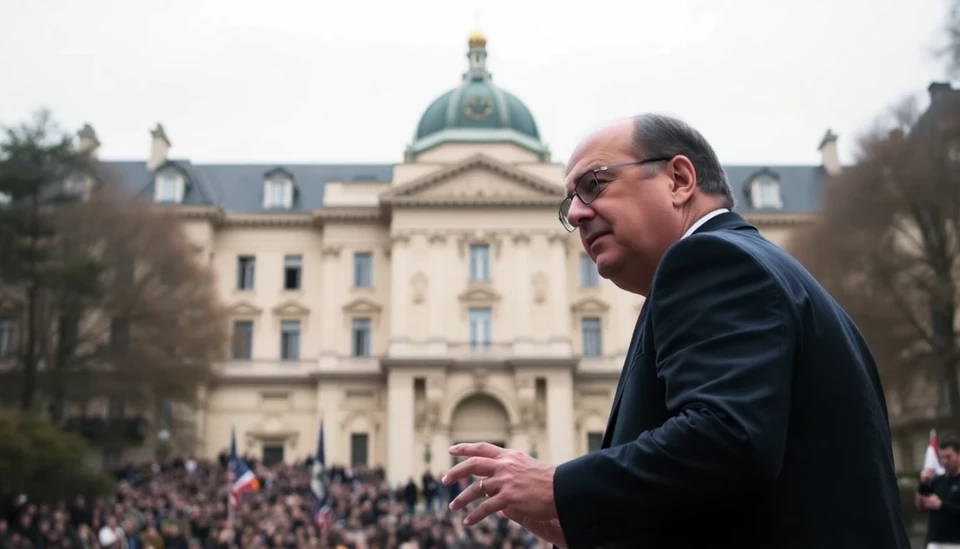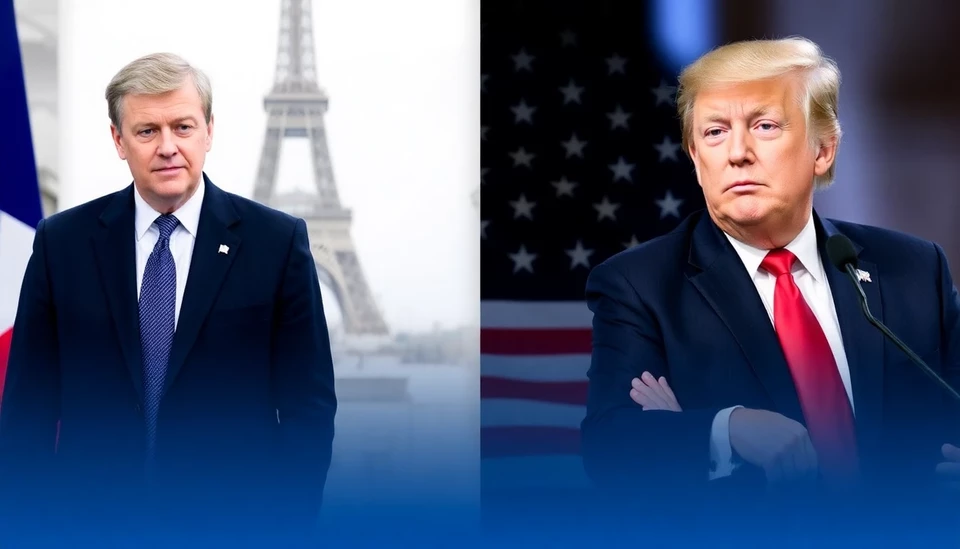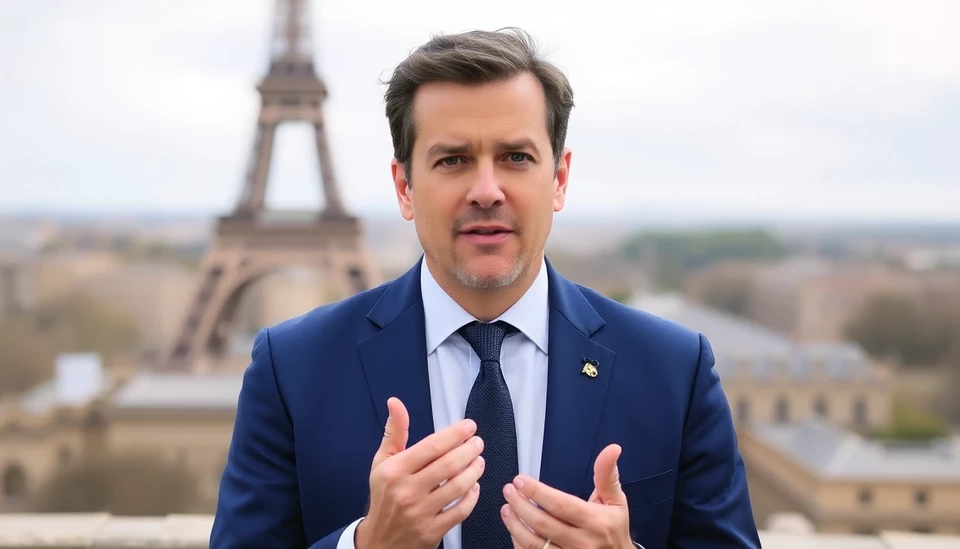
In a stunning turn of events that has sent shockwaves through the European Union, the French government has been overthrown following escalating tensions surrounding its proposed budget for the upcoming fiscal year. The fall of Prime Minister Isabelle Dupont’s administration, marked by a series of contentious debates and a critical vote of no confidence, underscores the deepening political rifts within France and poses significant implications not just for the French economy, but for the broader stability of the European continent.
The crisis ignited when Dupont's administration unveiled a budget plan that sought to implement significant cuts to social welfare programs, a contentious move that riled opposition parties and sparked widespread protests among citizens. Critics argued that these cuts would disproportionately impact vulnerable populations already reeling from the adverse effects of inflation and stagnant wages. In response, both the left-wing opposition and even some members of her own centrist party vocally opposed the budget, leading to a fracture within the ruling coalition.
As public dissent grew, demonstrations erupted across major cities in France, with activists and trade unions rallying against what they deemed a regressive fiscal strategy. The protests, which drew thousands, amplified calls for an immediate revamp of the proposed budget, with many proclaiming that the government was losing touch with the realities faced by ordinary citizens.
In an urgent attempt to salvage her administration, Dupont proposed a series of amendments aimed at softening the budgetary impacts. However, these proposals were deemed insufficient by many lawmakers, who continued to express their dissatisfaction during parliamentary sessions. The climax came during a highly anticipated vote of no confidence, which ultimately saw not only the opposition but also several defectors from Dupont’s own party band together, leading to a decisive defeat for her government.
Following her ousting, Dupont addressed the nation, stating, "We attempted to navigate a complex web of economic challenges, but it is clear that we have lost the confidence of the people and our parliament." The fallout has raised questions regarding the future direction of French economic policy and the stability of the ruling coalition, which has been in power for less than two years.
Political analysts suggest that the new elections, which are expected to be called rapidly, may pave the way for a significant shift in power dynamics within the French National Assembly. The political landscape remains volatile, with potential for far-left and right-wing parties to capitalize on the government’s chaos. Meanwhile, the financial markets have reacted with caution, reflecting fears of increased instability in one of Europe’s largest economies.
International leaders and market analysts are closely monitoring the situation in France, as its outcome could have broader repercussions for the Eurozone and its efforts to navigate a post-pandemic recovery. With economic uncertainty lingering, the future direction of both France and its role within the EU may very well hinge on the actions taken in the wake of this governmental upheaval.
As the dust settles from this political turmoil, one thing remains certain: the eyes of the world will be on France in the coming weeks as it seeks to chart a new course amidst economic challenges, political strife, and the ever-evolving landscape of European governance.
#France #GovernmentCollapse #Politics #BudgetCrisis #EuropeanUnion #SocialWelfare #EconomicPolicy #PoliticalUnrest #IsabelleDupont
Author: Daniel Foster




